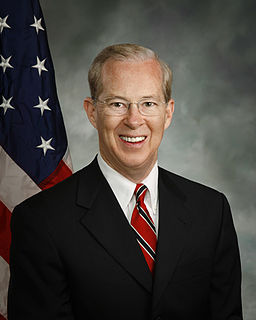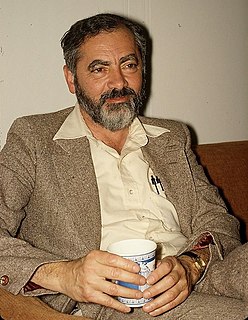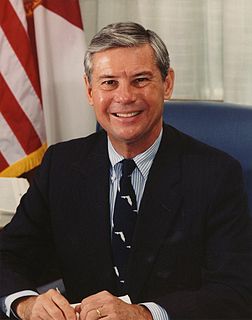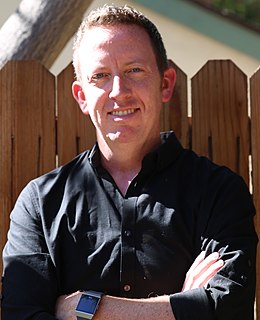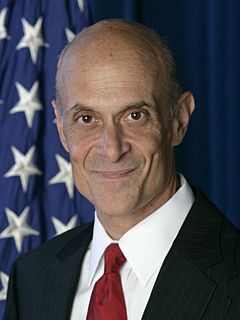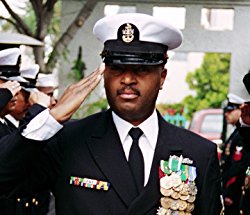A Quote by Bashar al-Assad
Before the 11th of September, in my discussions with many officials of the United States, some of them are Congressmen, I used to say that "don't deal with terrorists as playing games." It's a different story. You're going to pay the price if you're not wise in dealing with terrorists.
Related Quotes
Some say that by fighting the terrorists abroad since September the 11th, we only stir up a hornets' nest. But the terrorists who struck that day were stirred up already. If America were not fighting terrorists in Iraq and Afghanistan and elsewhere, what would these thousands of killers do - suddenly begin leading productive lives of service and charity? ... We are dealing here with killers who have made the death of Americans the calling of their lives.
You don't bargain with terrorists. You don't appease terrorists. And anybody who believes that this is about something we've done has to ask themselves why it is, on September 11, 2001, before we were in Afghanistan, before we were in Iraq, he committed a dastardly attack killing over 3,000 people. I mean, this is not a matter of negotiation; it's a matter of victory.
Terrorists are linked to money laundering, dirty money, drug dealing, arms trafficking. We have to ask ourselves, where do terrorists get their weapons from? Where do they get their communication technology from? Where do they get their financing from? These are some of the aspects where I think the entire international community needs to come together and put a complete stop to access to these three key aspects by the terrorists.


